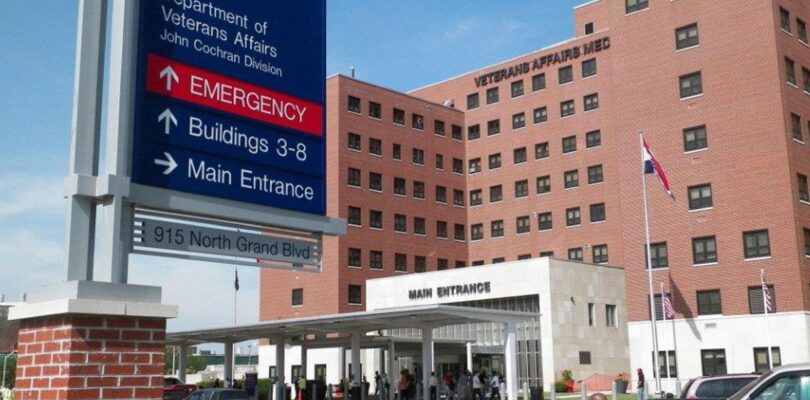House Republicans on Wednesday approved plans for a $435.3 billion budget for the Department of Veterans Affairs in fiscal 2026, putting the department in line for a significant funding boost despite objections from congressional Democrats.
The 218-206 partisan vote, with just two Democrats voting for the measure and no Republicans opposing it, represents the first appropriations package approved for next fiscal year by either chamber of Congress, but does not necessarily mean a fast track ahead for the VA budget becoming law.
Senate appropriators still must draft and pass their own funding plan for veterans programs and benefits support, a process that is expected to drag through the summer. And the VA budget plan is unlikely to pass as its own standalone measure, but instead is expected to be approved sometime this fall as part of an all-of-government spending package.
But Republican lawmakers on Wednesday praised passage of the massive VA spending bill as an important step for the appropriations process and for ensuring veterans will get the services they need.
VA staff finished 2M disability claims faster than ever this year
“The bill continues robust investments in women’s health, rural health, veteran homelessness and mental health,” said Rep. John Carter, R-Texas, chairman of the House Appropriations Committee’s veterans panel.
“The legislation maintains all funding for medical and prosthetic research, increases funding for VA infrastructure and supports Arlington National Cemetery. … Everyone should understand this bill cares for our veterans, supports our troops and their families, and keeps the promises we have made to our heroes.”
The bulk of the increase in VA spending comes in mandatory health care and benefits costs. The appropriations bill includes $134 billion in discretionary funding, up about 4% but about $1 billion less than what the White House requested in its fiscal 2026 budget plan.
But Democratic lawmakers objected despite the increases because of concerns about where and how the money will be spent. White House officials have yet to provide full details on their program needs for next fiscal year, and VA Secretary Doug Collins has proposed trimming 80,000 jobs from the VA workforce but has not yet revealed specifics.
“We need to remain united in fighting cuts and ensuring that veterans have everything they need,” said Rep. Debbie Wasserman Schultz, D-Fla., ahead of Wednesday’s House vote. “With all the issues raised, from the push towards privatization of the VA care, with the underfunding of infrastructure, I just cannot in good conscience support this bill.”
Lawmakers did find bipartisan agreement on a pair of floor amendments designed to broaden mental health care options for veterans. One measure boosted research into psychedelic therapies in the VA medical system by $1 million, while another would prohibit VA from denying veterans permission to participate in state-approved medical marijuana therapies.
Veterans Affairs leaders have seen regular budget increases annually for more than 20 years, even amid frequent congressional and White House efforts to reduce federal spending.
In fiscal 2001, the VA budget — both mandatory and discretionary — totaled just $45 billion. In 2011, it was about $125 billion. In fiscal 2023, the total topped $300 billion for the first time.
The House-passed plan for fiscal 2026 would now push that total over the $400 billion level, and cost more than the combined fiscal 2025 budgets of the Army, Air Force and Marine Corps.
Wednesday’s appropriations bill also includes $18 billion in military construction funding for troop housing and base installation projects. That total is an increase of about $480 million from last year, or about 3%.




